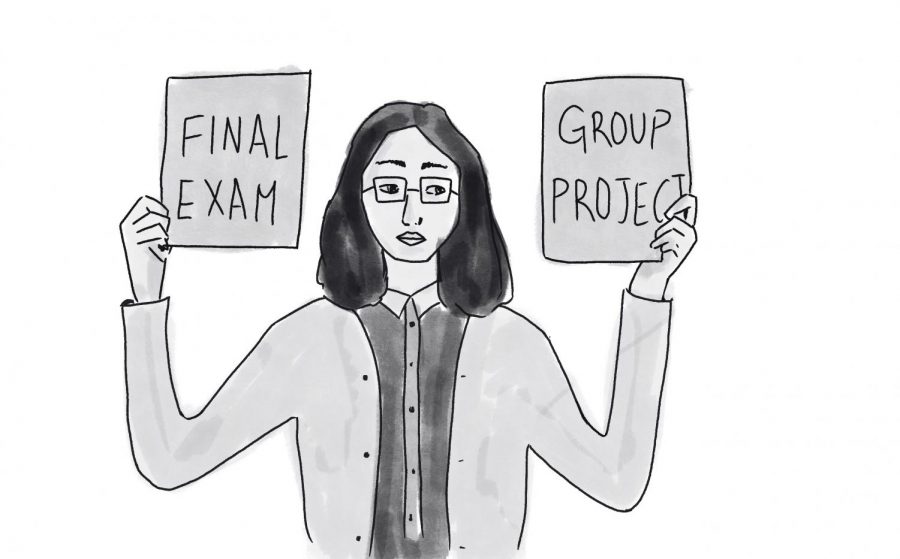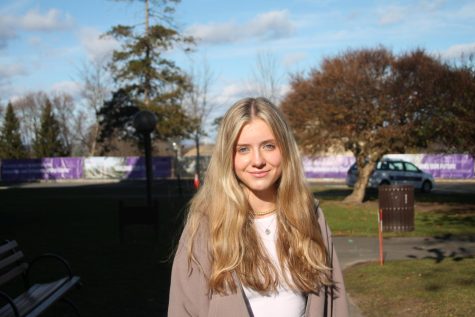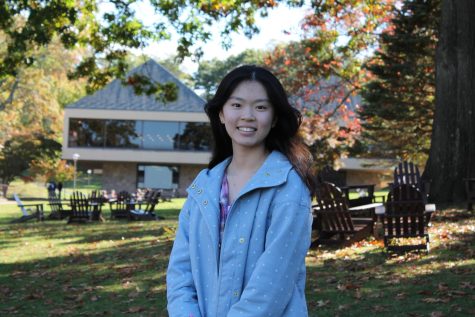Administration grapples with plans for final exams amid Covid
Students and teachers alike are wondering what final exams will look like in the Spring due to the unique logistical challenges that COVID-19 presents.
February 5, 2021
Finals have been given at Masters for over 100 years. This year, Head of Upper School Peter Newcomb reported that finals will be contingent upon individual teacher decisions, meaning every teacher will decide if they will administer a final exam in June, and how much that final will count towards their final grade.
Newcomb said, “I think each teacher needs to determine what is going to be the best way to assess student growth.”
Final examinations have been a universal chapter for students. Schools have used finals to determine the knowledge students have maintained throughout the school year. In high school, finals are also given in order to prepare students for college where a majority of a student’s grade is based on test grades.
Keeping this fact in mind, Newcomb said, “There are colleges where you are going to have a minimal amount of work, meaning the tests are going to be much higher stakes, finals prepare high schoolers for this.”
However, with COVID-19 still at large and remote learning playing a significant factor in the learning capabilities of students across the world, educators are questioning the feasibility of final exams.
“In the current context, I think what’s important to keep in mind is the student experience,” commented Newcomb.
Department heads and teachers are forced to consider the question, “should we give our students final exams or go a different way?”
One of the main reasons we have a study week is to prepare students to sit down and take five or six exams. “It is really challenging. It can feel really high pressure I can imagine,” Newcomb explained.
Though final exams have been a traditional way to wrap up the year, upper school math teacher Arlene Casey thought it best to go another way.
“I don’t think it makes sense for it to be a traditional exam this year in most classes, but I think some sort of project or assignment to close the year is a good grounding point for everyone.”
Head of the Science Department Frank Greally echoed this sentiment.
“I do not think that finals should take place during this pandemic…If it is my choice to give a final exam, I would not give a final. I would give a project and would encourage all teachers of the science department to do the same.”
Some of the reasoning behind taking final exams is for the students to be able to reexamine the class’s work throughout the year and get a better understanding of the topic. Yet, when students are forced to re-learn a class’s content in a short period of time before an exam, the resulting emotional exhaustion can be detrimental to a students performance, according to a report by Thomas Wright, a professor at University of Nevada at Reno, and Russel Cropanzano, professor at Colorado State University.
While some faculty members are completely on board with excluding final exams from the curriculum during the pandemic, some teachers are torn as they see both the benefits and drawbacks of this possible occurrence.
Upper school history teacher Selas Douglas commented, “We have all had a challenging year, and while there are reasons to think that we are moving in a positive direction with vaccinations underway and a federal government that’s actually engaged in the process now, we are also going to continue to face real challenges in the coming months as we try to get this virus under control.” He continued, “That coupled with the constant shifting political landscape that has a real impact on people’s lives suggests to me that it will be important to remain flexible as we all think about the best way to close out the year.”
As the stressful upcoming months approach, students who are questioning the role that final exams will play there in their future are encouraged to ask their teachers, due to the variety in responses.





